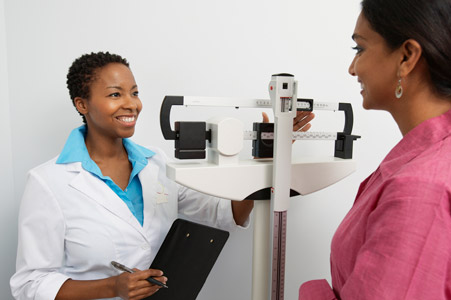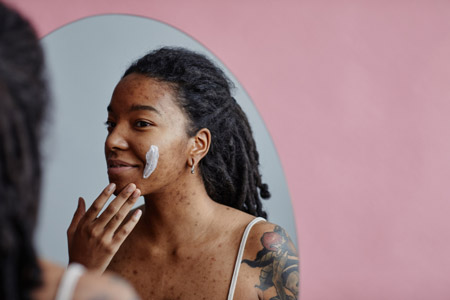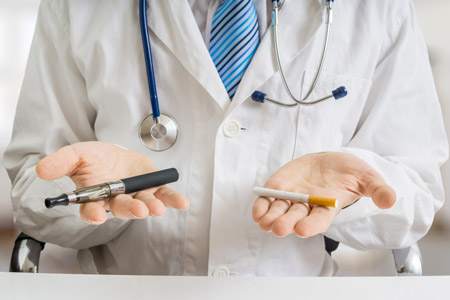


Acne Myths vs. Facts: Debunking Common Misconceptions
Most people will deal with some kind of skin condition over the course of their lives — and one of the most common conditions is acne. While acne is something nearly everyone deals with, it can still be the root of insecurity around the appearance of the skin.
This insecurity has caused a fixation on “curing” acne. This fixation has allowed very pervasive myths to develop around what causes acne and how to get rid of it.
In this blog, we’ll explore some of the most common acne myths and the medical truth behind them.
Myth: You Need to Use Abrasive Scrubbing to Clear Acne
This is false. Acne is often associated with an excessive amount of oil in the skin. While our skin naturally produces oil (and this moisture in our skin is essential for our health), many patients with acne think the presence of oil means their skin is “dirty’.
To combat this perceived state of uncleanliness, patients may think that they need to scrub their face aggressively to truly get their skin clean. While thoroughly cleansing your skin is important, abrasive scrubbing could actually be making your acne worse.
Many dermatologists instead recommend that you wash your face gently, and regularly (about twice a day). In order to be gentle on your skin, you should aim to use mild, fragrance-free cleansers.
The water you use when washing your face shouldn’t be scalding. Warm water will do! Then, gently massage your cleanser into your face with your fingertips. You can focus on areas like your t-zone where acne may be more concentrated. Using the warm water you have running, you can then rinse off your cleanser and pat your face dry with a clean towel or cloth.
Myth: Wearing Any Makeup Will Cause Breakouts
This is false. Wearing makeup isn’t an automatic sentence for a breakout. You can wear and enjoy makeup by keeping your cleansing routine consistent and looking for makeup products that are less likely to clog your pores. When buying cosmetic products, look for the following descriptions on the packaging:
- Oil-free
- Non-comedogenic
- Won’t clog pores
In addition to maintaining a solid cleansing routine for your face (once morning and night) and making sure to completely remove your makeup, you’ll also need to clean any brushes you use regularly. Cleaning your makeup brushes once or twice a week can help prevent breakouts and acne from forming.
Myth: Acne Just Affects Teenagers and Will Clear with Age
This is false. While acne is most common among teenagers and young adults, it doesn’t exclusively affect these age groups.
Patients are not guaranteed to simply “grow out” of their acne. It’s very common that patients will continue to experience acne into their 20s, 30s, 40s, and even 50s and 60s. It could be that patients won’t have teenage acne but do experience it as adults, and vice versa.
Myth: Getting a Sun Tan Will Clear Up Acne
This is false. If you have prolonged sun exposure that leads to a sunburn or tan, you will still have acne. In addition, tanning and sunburns damage your skin and contribute to the appearance of aging and imperfections in your skin. Overexposure to the sun may increase your risk of developing melanoma, or skin cancer.
The best way to get rid of acne is to partner with your doctor or dermatologist to build an acne-fighting treatment plan that leverages cleansers, topical treatments, or oral medications.
If you’re interested in clearing up your skin and stopping acne before it starts then the best course of action is to always consult with a dermatologist or medical professional rather than rely on rumors or myths.
The information on this site is for informational purposes only and should not replace direct medical advice, diagnosis, or treatment from your doctor or another qualified healthcare provider.
Sources:
“10 Skin Care Habits That Can Worsen Acne.” American Academy of Dermatology.
“I have acne! Is it ok to wear makeup?” American Academy of Dermatology.
“Makeup tips for acne-prone skin.” American Academy of Dermatology.
“Adult acne treatments dermatologists recommend.” American Academy of Dermatology.





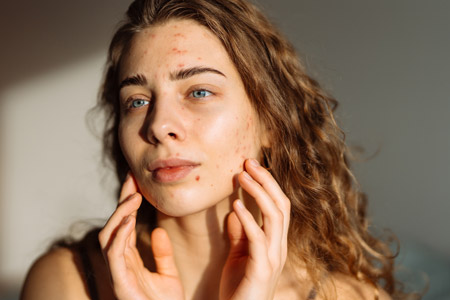













.jpg)





















.jpg)








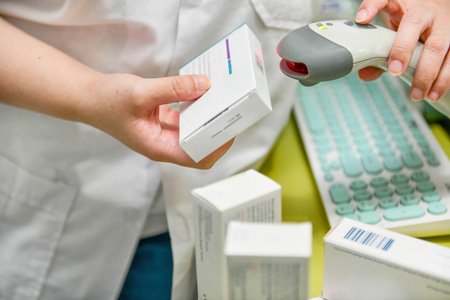

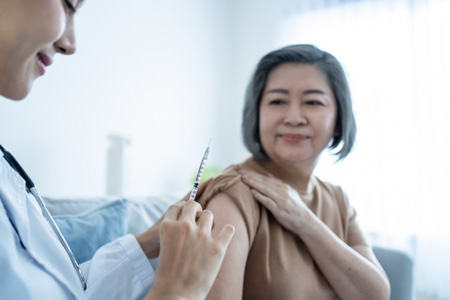



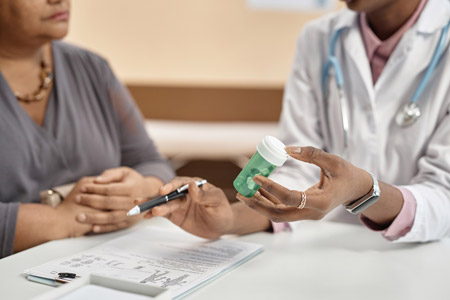


.jpg)
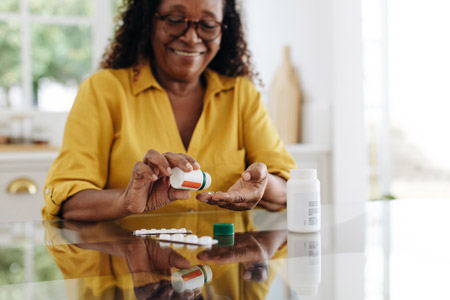


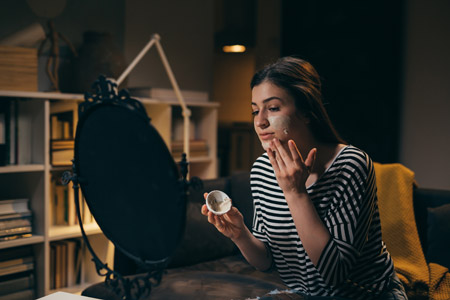












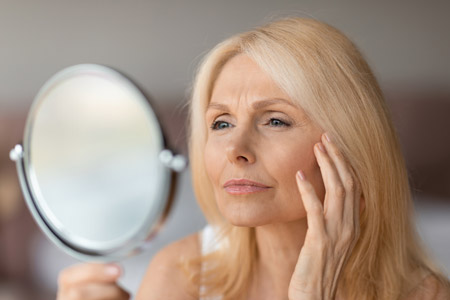

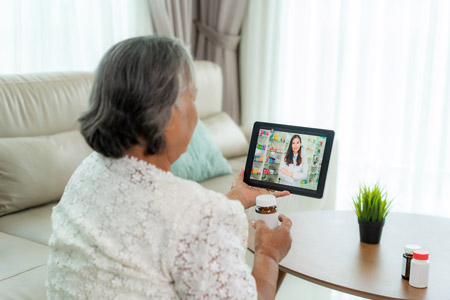



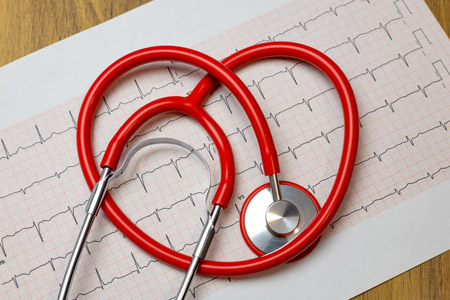


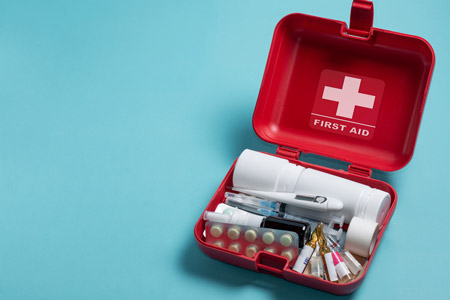
.jpg)
.jpg)
.jpg)


